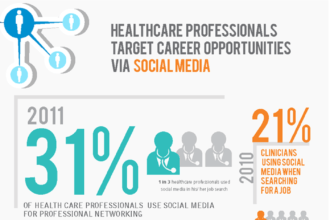The Drug Abuse Warning Network (DAWN) is a public health surveillance system that monitors drug-related emergenc
The Drug Abuse Warning Network (DAWN) is a public health surveillance system that monitors drug-related emergency department (ED) visits in the United States. Their latest report in February focused on Emergency Department visits that involve adverse reactions to medications among older adults in 2008.
- In 2008, an estimated 1.1 million emergency department (ED) visits were made by adults aged 50 or older for adverse reactions to medications; more than half by those 65+.
- Central nervous system (CNS) drugs (e.g., pain relievers and drugs used to treat anxiety and insomnia) were involved in almost one fourth (24.3 percent) of ED visits.
- Nearly two thirds of older adults were treated and released (64.2 percent), and nearly one third were admitted to the hospital (32.9 percent).
You can help prevent drug-drug interactions by:
- informing physicians, nurses, and mental health care providers of all medications, supplements, and vitamins you take.
- Make sure that any medical records are shared with all physicians, including specialists.
- Use one pharmacy to handle all their prescriptions.
- Advise your pharmacy of any adverse reactions to prescription or OTC medications.
Caregivers need to be knowledgeable about the potential side effects of both prescription and over-the-counter medications and be aware of any past history of adverse reactions to particular pharmaceuticals and medications.






